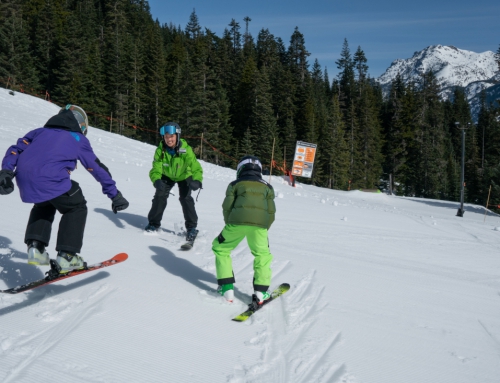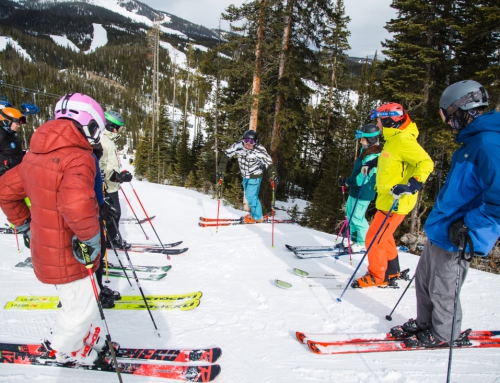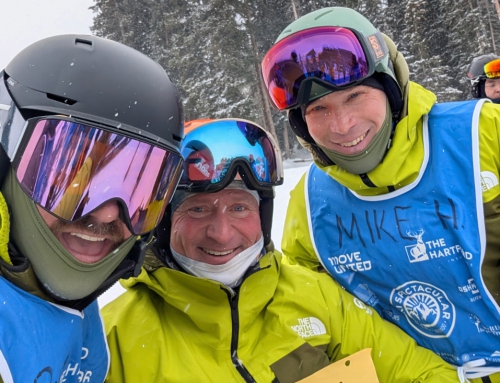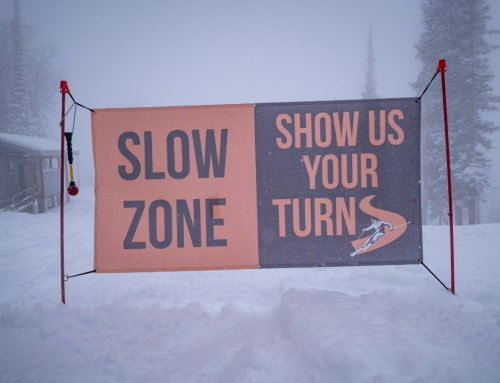Fundamentals Drive Consistency As Building Blocks of PSIA-AASI’s Learning Outcomes
As PSIA-AASI continually strives for greater consistency and integrity of training and certification credentials, our partnership with Pennsylvania State University (PSU) and its Department of Recreation, Park and Tourism Management expands opportunities for professional development by working to align certifications and certificate programs to college credits. The partnership will also create a model of equivalency that can eventually allow instructors to pursue a degree and conduct research in snowsports.
Another benefit of this partnership is that it supports a strategic education initiative to develop true consistency in certification. Among other things, this will mean that members who move between divisions will know that their certification(s) will be recognized by different snowsports schools.
This process encourages documented and measurable certification assessment across all eight divisions and allows for the continued consolidation of resources. Simply put, it brings us closer to assessing our certification standards more consistently and with a common language, using fundamentals as the core focus.
Benefits For All Stakeholders
To this end, educational leaders from throughout the association are writing specific “Learning Outcomes” that represent the desired technical, teaching, and people skills instructors should possess at the various certification levels. The goal is to measure each level through well-defined Assessment Criteria based on national Performance Guides. This framework builds a process for consistency for all stakeholders– member schools; education/certification and training staffs; and candidates seeking professional development.
A fundamental is defined as “a central or primary rule of principle on which something is based.” It represents the base from which everything else develops. Learning Outcomes identify what the learner will know and be able to do by the end of the course or program. They are measurable and observable.
In developing curriculum and learning assessments, we’ve asked:
- What makes a great snowsports instructor?
- What are the ideal attributes, characteristics, and behaviors that a snowsports school would like to hire in an instructor?
- What are the key aspects of professional development that enhance an instructor’s training?
Validating Essential Skills
The key objective in developing curriculum that supports the certification process is to validate the essential skills of great instruction. After all, the ultimate outcome of certification is to validate that learned skills align with the job skills, training, and professional development that make you more hirable than those without these skills. Fundamentals have been developed for the three domains of the Learning Connection – Technical Skills, Teaching Skills, and People Skills – that form the framework of PSIAAASI’s training and certification system.
TECHNICAL SKILLS: Snowsports instructors teach the fundamental mechanics, or technical skills, that influence proper body movement and how the skis, snowboard, or adaptive equipment interacts with the snow. Technical knowledge of the sport allows an instructor to understand, apply, and convey technical concepts and analyze ski/board and body performance.
TEACHING SKILLS: Teaching-skill fundamentals describe the qualities, attributes, decisions, and behaviors of someone who’s able to create a positive learning environment. PSIA-AASI emphasizes these universal fundamentals across all disciplines. Instructors with great teaching skills deftly play the role of facilitator, inspiring in students a desire to learn and continually adapting the learning environment based on needs of the student.
PEOPLE SKILLS: People-skill fundamentals represent the interpersonal connections instructors establish with students to make their technical and teaching skills “catch fire” and ignite deeper learning. The fundamentals involve emotional intelligence; the ability to understand your own emotional impact on others and recognize how their behaviors affect the dynamics of the learning environment. Communication plays an important role in the trust-building process. When the learner is confident of full emotional support, learning can flourish.
This article by PSIA-AASI Director of Education Dave Schuiling originally appeared in the Spring 2019 issue of 32 Degrees. Log in now to the online version to access the rest of the article and other great content that will up your instructor game.







